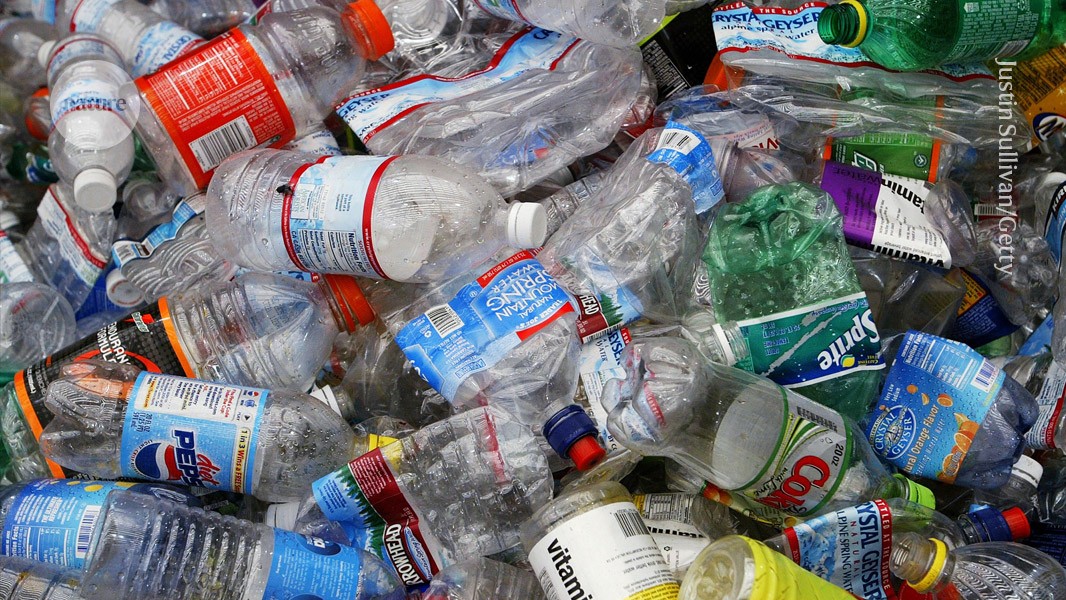
"Plastic is a global supply chain, and we see frequently in policy that when interventions target a single part of the supply chain in a single country, their impact is very minimal. For example, a plastic bag ban, whether it's successful or not, is a relatively small impact. A global treaty gives countries the opportunity to work strategically together to take genuinely meaningful action. I am still convinced, despite the challenges of this process, that a plastics treaty is essential."
"At the last INC meeting, held in Geneva in August, negotiations ran long into the night, but ended without success. It is unclear whether a new chair will convene another INC meeting, or opt to end the process ends without a treaty. The United Nations Environment Programme (UNEP) - the body overseeing negotiations - will meet in Nairobi in December to address this question."
Negotiations for the first global agreement to limit plastic pollution collapsed amid acrimony and distrust, and the INC chair resigned, casting doubt on whether the treaty process will continue. The United Nations Environment Programme will meet in Nairobi in December to decide whether to reconvene the INC or end the process. Plastic circulates through an international supply chain, so national or single-point interventions — such as plastic bag bans — produce limited effects. A comprehensive global treaty would enable coordinated, strategic action across supply chains. The chair's role shapes workplans and discussions, so a change in chair could strongly affect future negotiation dynamics.
Read at Nature
Unable to calculate read time
Collection
[
|
...
]